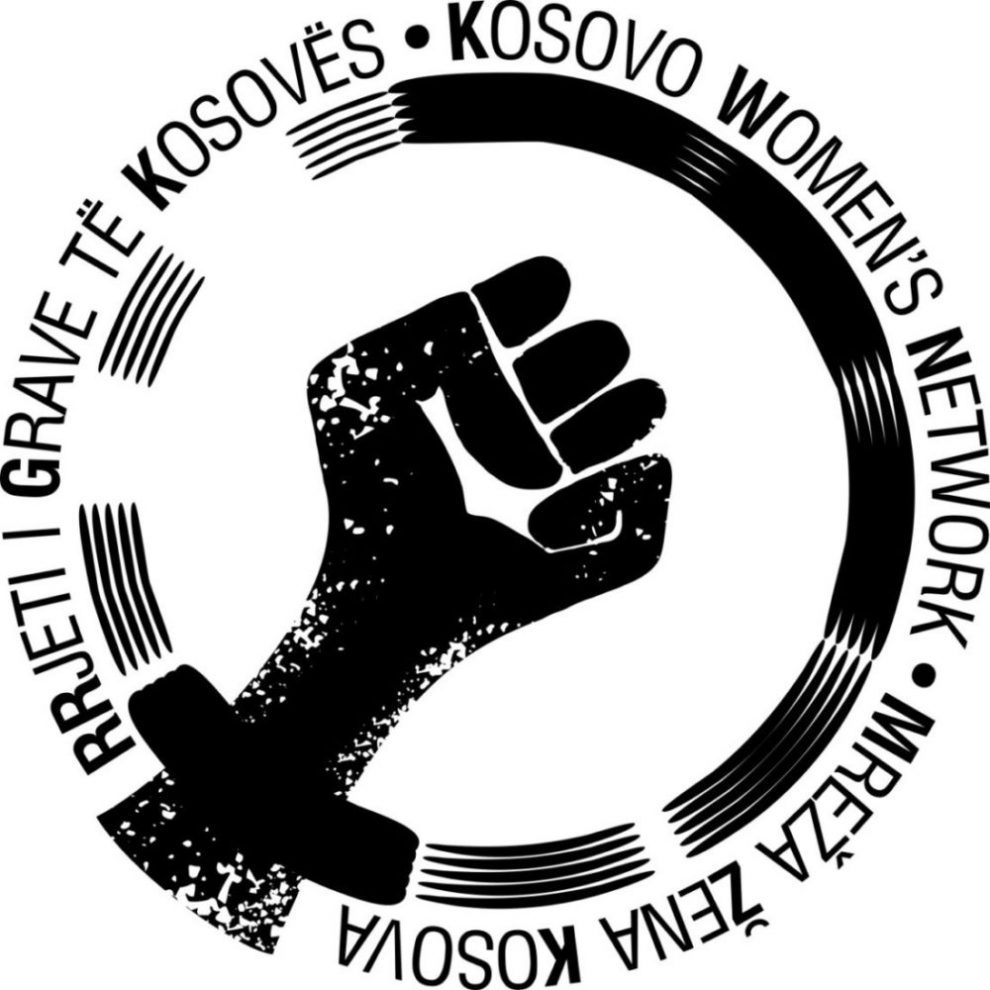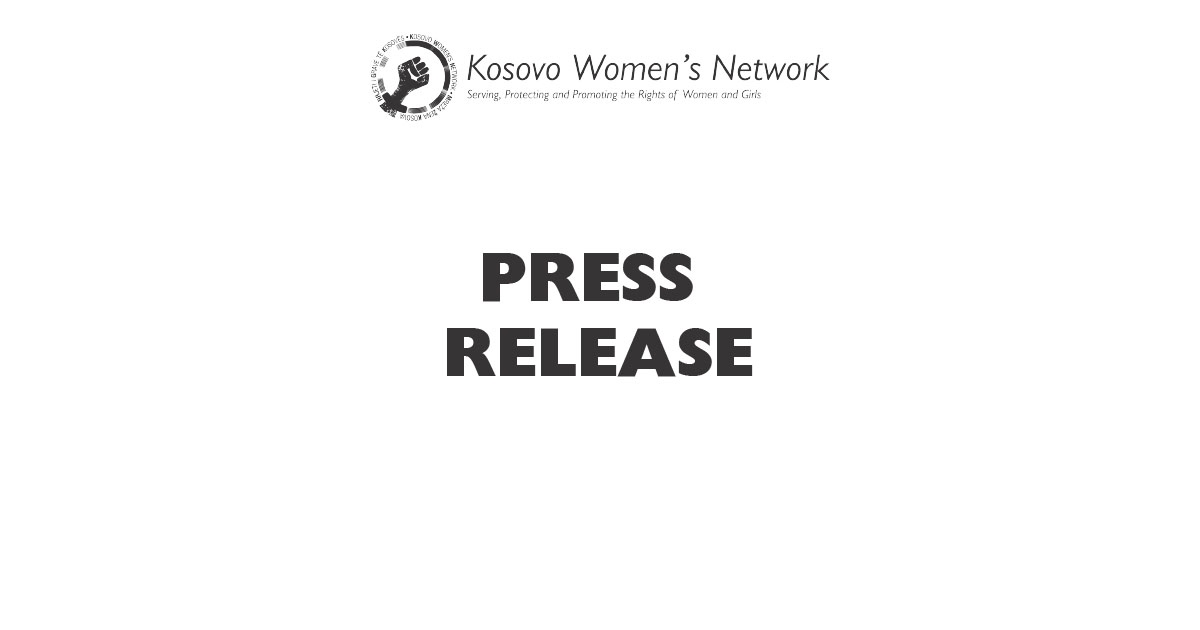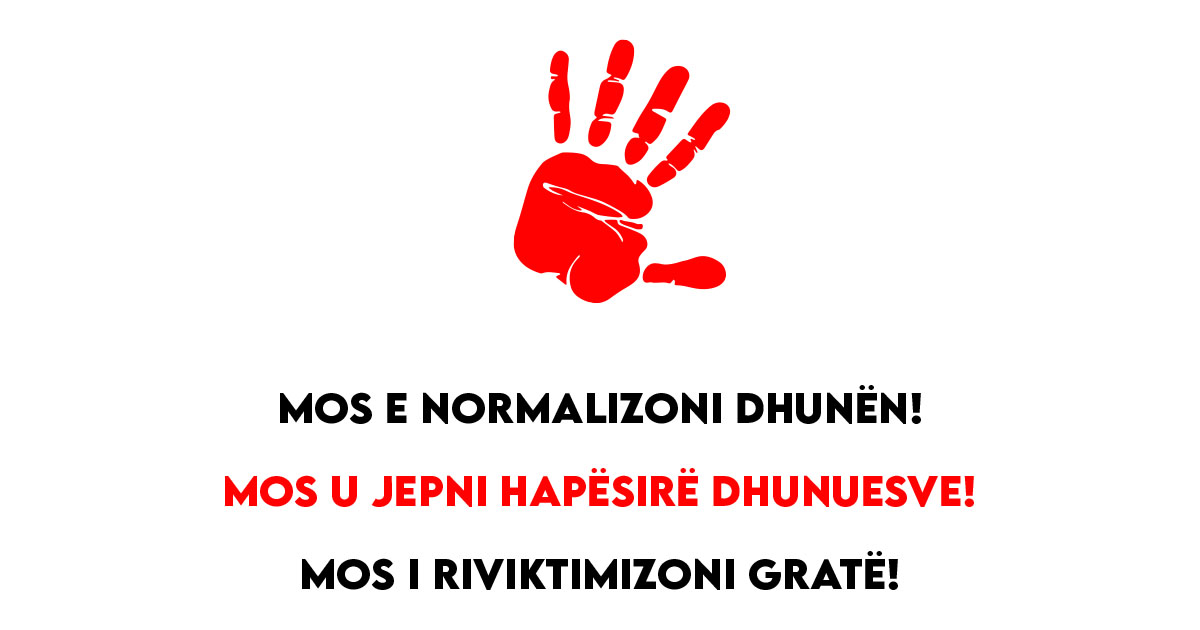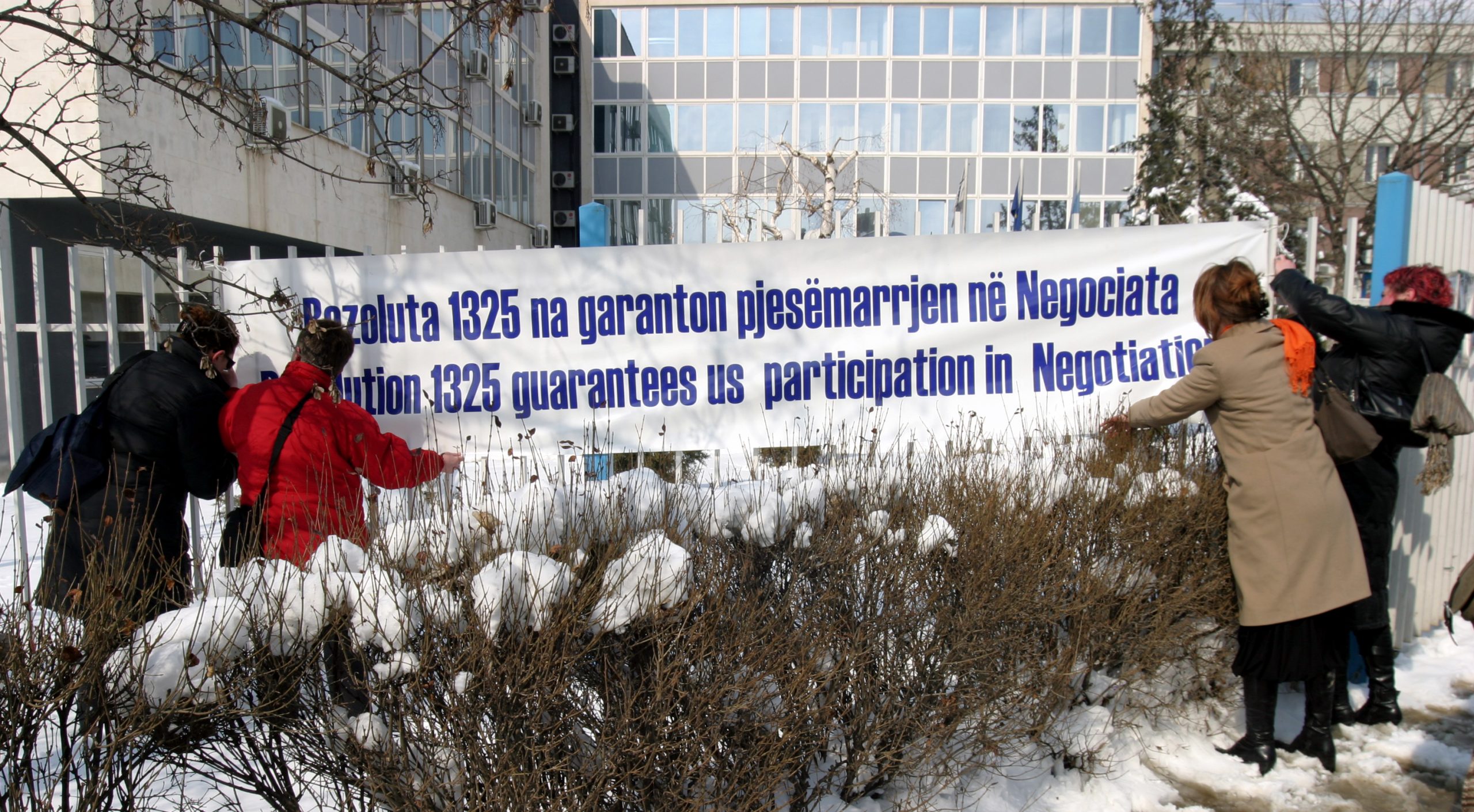This past Friday, on the RTK show “Udhëve”, the case of a 17-year-old minor who was raped by her father in the Mitrovica region became public.
The Basic Court in Mitrovica found the defendant not guilty, acquitting him of all charges. The main reason for his release, although there was convincing evidence, including the 17-year-old’s statement, was that the prosecution failed to provide sufficient evidence to convince the trial panel of his guilt. This has led the prosecution to exercise its right to appeal by referring the case to the Court of Appeals.
Incest remains a taboo in both society and institutions. How seriously is incest dealt with; this case proves it best.
In fact, years ago, the victim’s mother reported the violence she was suffering from her husband. Years ago, the latter banned the minor to go to school. In addition, the victim’s mother reporting to police regarding domestic violence seemed to fall on deaf ears. Should the reporting to the police initially treated according to the legal framework, the most horrible experience of the minor would have been prevented; an experience that will have long-term consequences on her mental health. Making the situation even more difficult, after he was acquitted, the suspect returned to live in the same house as his victims, the woman he physically abused and the girl he sexually abused. The Centre for Social Work, as a body responsible for minors’ care, has distanced itself from any responsibility on the grounds that they had nothing else to do.
Since the case is submitted to the Court of Appeals, we call on the Prosecution to prepare the evidence in cooperation with the appropriate experts, so that there is no room for the perpetrator of incest to live in freedom. We also expect the prosecution to seek protection for the victim.
KWN raises its concern that living in the same environment as the perpetrator of the violence, in addition to harming her psychological well-being, may also affect intimidation and the threat to report again, now that the case is on retrial. We call on the Centre for Social Work to take the case seriously, requesting them to cooperate with shelters so that the minor could be provided with shelter, as well as psychological assistance in case of need. We also call on the Kosovo Police to respond in accordance with legal obligations in cases of violence reporting. We expect the Victims’ Advocates to assist the prosecution in bringing perpetrators to justice.
Incest, although a taboo occurs in every society, including our own, so we seek justice and proper treatment for victims of incest.
We also inform you that KWN will monitor this case treatment and will be on alert and willing to help justice prevail.





